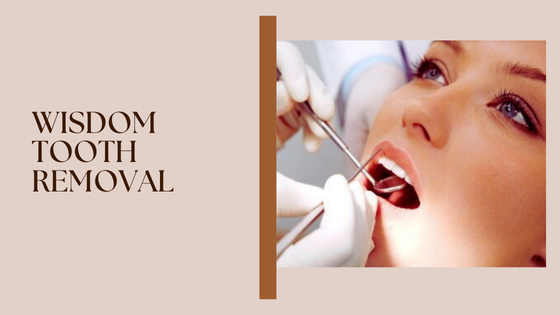Wisdom teeth, the last set of molars to emerge in your mouth, typically make their appearance during the late teen years or early adulthood. These latecomers can often be a source of pain and discomfort, not because of wisdom as their name might suggest, but due to impaction—a condition where there is not enough space in the jaw for the teeth to emerge properly. This can lead to a series of dental complications, making wisdom tooth removal a necessary procedure for many. For those in Thailand, Ruam Dental Clinic in Bangkok offers expert guidance and treatment for this common dental procedure.
The Why Behind Wisdom Tooth Removal
The decision to remove wisdom teeth usually stems from their potential or actual negative impact on oral health. Impacted wisdom teeth can result in infections, cysts, tumors, and damage to adjacent teeth. They can also be a contributing factor to gum disease and decay, as their hard-to-reach location makes them difficult to clean thoroughly. On some occasions, wisdom teeth emerge without causing immediate problems but are removed to prevent future issues. Clinics like Ruam Dental in Bangkok are adept at assessing and managing these situations.
Is It Painful To Have Wisdom Teeth Removed?
ผ่าฟันคุดนั้นไม่เจ็บ, as you will be under general anesthesia. However, you may experience some discomfort and swelling after the surgery. This can be managed with over-the-counter pain medications like ibuprofen or acetaminophen.
Evaluating the Need for Extraction
The journey begins with a consultation, where dental professionals at Ruam Dental Clinic assess the position and health of your wisdom teeth using X-rays or panoramic radiographs. Not all wisdom teeth require removal, if they are healthy, fully erupted, and not causing damage to neighboring teeth, they can often be left in place. However, symptoms such as pain, infection, cysts, tumors, damage to adjacent teeth, and gum disease can necessitate their extraction.

The Extraction Process Demystified
Wisdom tooth removal is typically an outpatient procedure performed under local anesthesia, sedation, or general anesthesia, depending on the complexity of the case and patient preference. The experienced team at Ruam Dental Clinic in Bangkok ensures that the procedure involves the least amount of discomfort possible. The process includes making an incision in the gum to expose the tooth and bone, removing any bone that blocks access to the tooth root, dividing the tooth into sections if necessary, and then extracting the tooth. The area is cleaned of any debris from the tooth or bone, and the wound is stitched up to promote healing, with gauze placed over the extraction site to help control bleeding and assist in clot formation.
Navigating the Recovery Process
The recovery period is a critical component of wisdom tooth removal, with the first 24 hours being the most crucial for healing. Patients at Ruam Dental Clinic are advised to rest, apply ice to reduce swelling, and use prescribed pain medication as needed. It’s important to avoid disturbing the extraction site, which means no vigorous rinsing, sucking actions, or smoking, as these can dislodge the clot, leading to complications such as dry socket—a painful condition that can delay healing.
Diet plays a significant role in recovery, with soft foods recommended for the initial days post-surgery. Gradually, as healing progresses, you can reintroduce more solid foods. Good oral hygiene is essential, but brushing, flossing, and mouthwash use near the extraction site should be approached with care to avoid irritation.
Conclusion
While the thought of having teeth removed can be daunting, wisdom tooth extraction is a common procedure with numerous long-term benefits. It can prevent potential complications that could impact your oral and overall health. By understanding the why, how, and aftercare of wisdom tooth removal, especially with the support of Ruam Dental Clinic in Bangkok, you can approach the procedure with confidence, knowing you’re taking a significant step towards maintaining a healthy smile.